Money talks or AT&T broadband walks, CPUC study shows
How much money you and your neighbors make determines whether or not you have access to modern broadband service and infrastructure. The network practices study released on Monday by the California Public Utilities Commission cites conclusive evidence of aggressive redlining by AT&T. It is a major – and actionable – report that makes the case against the two companies, but its conclusions come as no surprise.
A study done in 2017 by U.C. Berkeley’s Haas Institute for a Fair and Inclusive Society found that…
… MoreThe median household income of California communities with access to AT&T’s fiber-to-the-home (FTTH) network is $94,208.


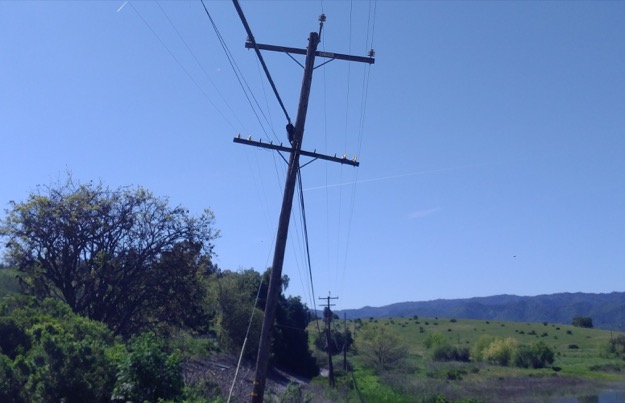

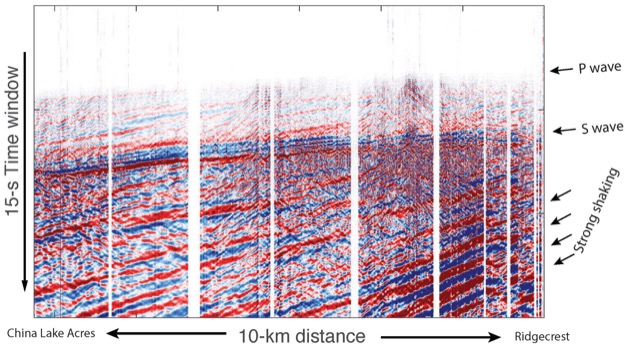

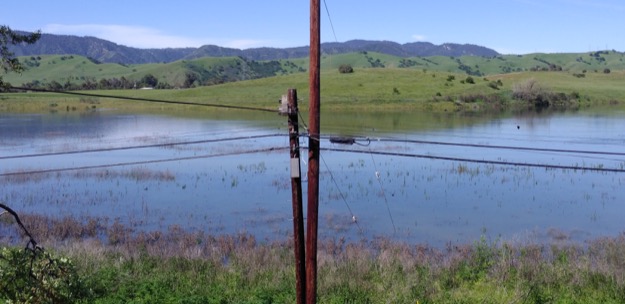
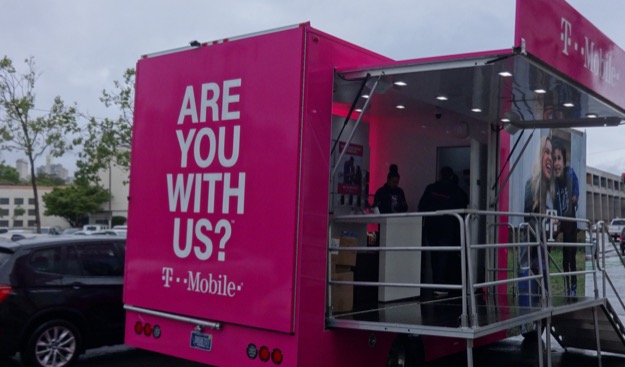
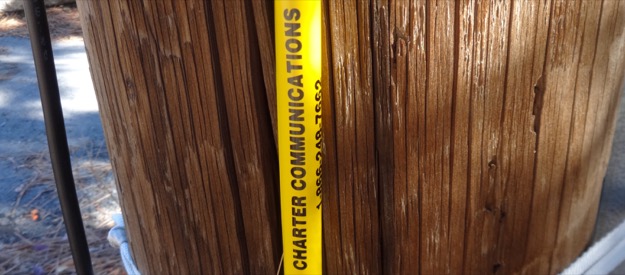
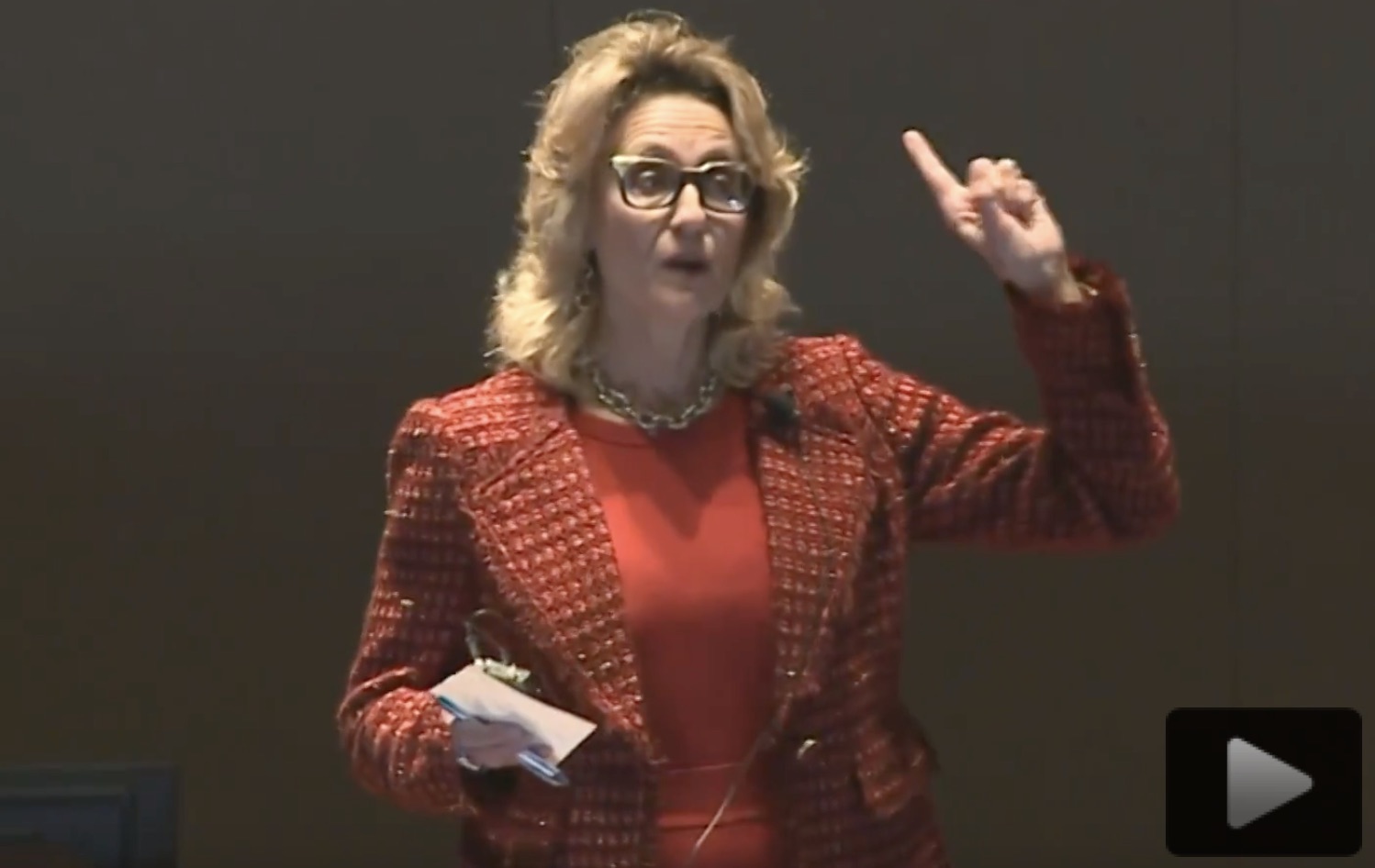
![_e.t from Saratoga, USA [CC BY-SA 2.0 (https://creativecommons.org/licenses/by-sa/2.0)] Bay to breakers](https://www.tellusventure.com/images/2019/bay_to_breakers.jpg)